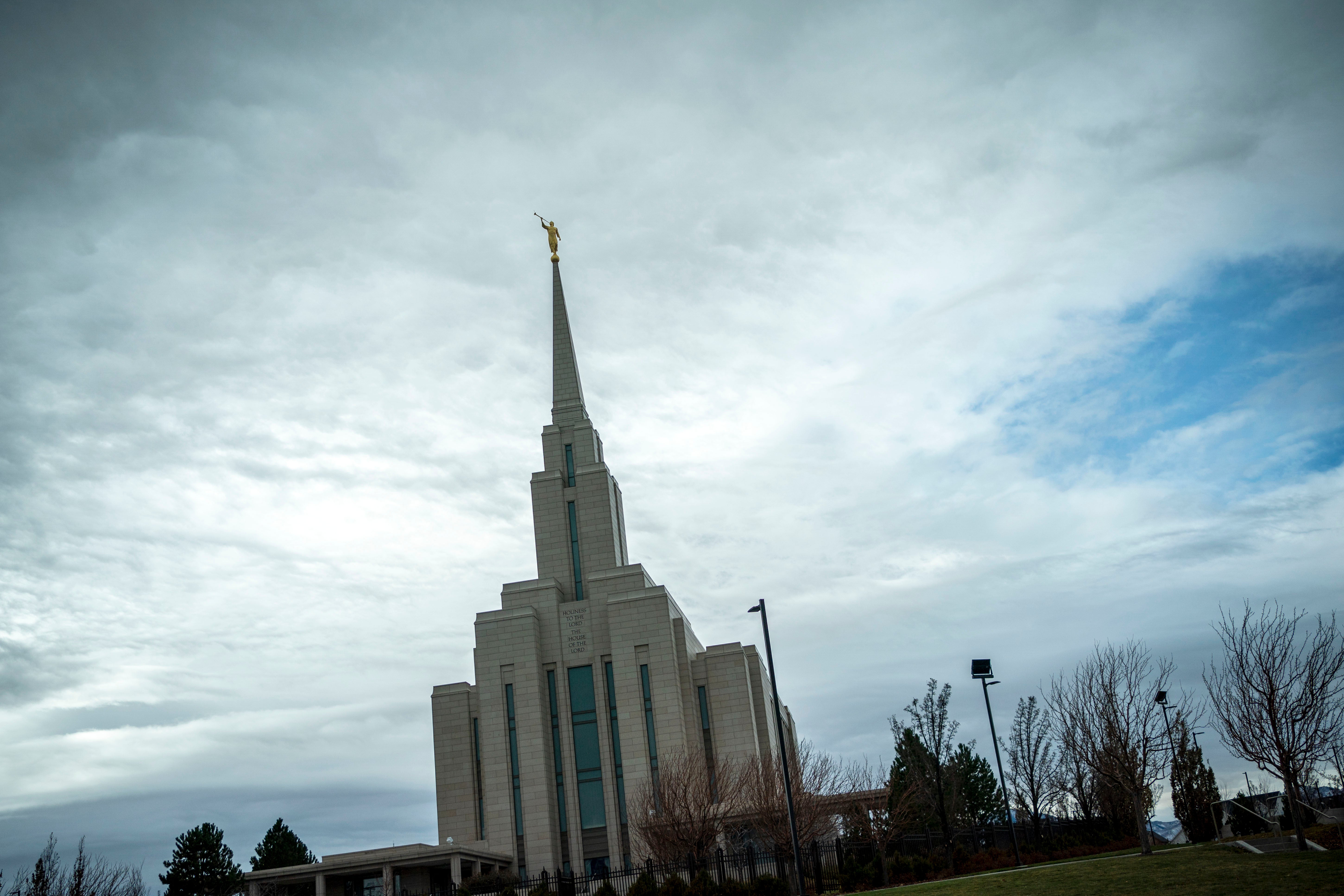The Church of Jesus Christ of Latter-Day Saints (often often referred to by its name as the Mormon Church) has a rich history of race relations. This is particularly the case for Blacks within Mormonism. This article will offer an objective look at how Black people were historically treated within the Mormon Church. We will discuss the policy restrictions that were imposed, as well as the church’s shift to abandon previous beliefs and racist practices.
Blacks and Mormonism A Historical Overview
Between 1852 and 1978, between 1852 and 1978, Mormon Church enforced a policy that restricted blacks in Mormonism from priesthood ordination. The underlying reason for this was the interpretations of scriptures and popular racial beliefs of the day. Black people were denied certain rituals and duties in the Church, resulting in an experience of segregation within the Mormon community. It is vital to acknowledge that this discriminatory act was not exclusive to Mormonism. It reflected racial biases that were prevalent throughout American culture during that period.

Mormon Black People and the 1978 Revelation
In 1978, Spencer W. Kimball was blessed with what Mormons believe to be an enlightenment from God concerning the exclusions of Blacks from priesthood. This revelation was regarded as an event of significance that lifted an old policy that had been in effect for more than a century. The Church of Jesus Christ of Latter-Day Saints made it clear that blacks were now able to become priests and can participate in the activities of the Church in all its aspects.
The Church of today has a clear stance against racist ideologies, while promoting unity and inviting everyone to accept Jesus Christ, regardless of race. The Church’s doctrine today affirms all people are equal and emphasizes the acceptance of God for everyone regardless of their gender, race, social status, or other factors. For more information, click Mormons Racist
Joseph Smith’s Fair Treatment of Black Individuals
Despite the racial prejudices of the day, the Mormon Church’s founder, Joseph Smith, demonstrated fairly fair treatment for Black individuals. The historical records show that Joseph Smith ordained some Black men to the priesthood during his time. This was in accordance with Smith’s teachings on equality and inclusion within the Church. The clergy who embraced Smith’s policies enacted laws that excluded blacks from priesthood. This reflected the shifting attitudes towards race towards race at the beginning of the 19th century.
Suppriming Racism and Moving Towards Unity
The Church of Jesus Christ of Latter-Day Saints has taken significant measures in recent times to tackle racism and create unity within its members. The Church has made public statements that disavow previous racial prejudices. They say that discrimination against race, in any form, is incompatible with the teachings and fundamental doctrines of the Church.
The Church is a place of the values of understanding, love and acceptance in its diverse membership. It recognizes the importance and worth of every person. The members are taught about the importance and rejection of prejudiced views, as well inclusion, cultural awareness, and sensitiveness.
The conclusion of the article is:
Understanding the story of Blacks in Mormonism and the Church of Jesus Christ of Latter-Day Saints’ evolution in addressing racial issues is crucial in fostering unity and encouraging equality. The Church’s past of pain is apparent in a doctrine that for over a century prohibited Blacks from being ordained to priesthood. But the subsequent revelation in 1978 was the beginning of a new era, signalling an openness and equality.
The current position taken by the Mormon Church opposes racism and promotes equality. The Church also promotes unconditional love and respect for everyone in its membership. By confronting its historical prejudices regarding race and taking steps towards improvement The Church is moving forward in a direction of unity and understanding, working to ensure that each member feels loved and valued within the Mormon community.